If you are looking to reveal the brightest, healthiest version of your skin, exfoliation is the answer! There are different methods for exfoliation and your skin type will determine which method you should use, and how often you should exfoliate.
Exfoliation is key for maintaining smooth skin, but there are many questions regarding when should you exfoliate and how often you should be exfoliating to reap the benefits. Keep scrolling to find out everything you need to know about exfoliating your body.
What is exfoliation?
Exfoliation is the physical act of removing dead skin cells from the outer layer of your body by loosening the bonds that stick them together, allowing new cells to surface. The process increases blood circulation, brightens the skin, and improves its appearance. Over-exfoliation can cause irritation to the skin, so it’s important to find the sweet spot in how often you should be exfoliating your skin.
When to exfoliate?
Experts suggest exfoliating once or twice a week to avoid aggravated skin, and to keep dull, dry skin at bay without stripping the skin. As tempting as it is, exfoliating every day can cause more harm than good.
Your skin naturally generates new skin cells every 30 days but over time, this process can slow down. If you don’t exfoliate, the dry, flakey skin won’t shed and this will result in clogged pores, leading to breakouts, blackheads, and sometimes serious skin conditions like Keratosis Pilaris
How to exfoliate?
When exfoliating, it’s important to be gentle on your skin. To apply, make small, circular motions using your finger or your exfoliating tool of choice. If you use a brush, make short, light strokes in an upward motion toward the heart. This is great for treating cellulite as well. Exfoliate for about 30 seconds and apply a moisturiser with SPF after exfoliating.
There are 2 kinds of exfoliants:
Physical exfoliants: Use a grain or micro-bead to rub away dead skin.
Chemical exfoliants: Use alpha- or beta-hydroxy acids like lactic or glycolic acids to exfoliate.
Most skin types work well with a chemical exfoliant, as it is gentle on the body’s skin, and kinder on the planet. Most experts stand by the chemical exfoliant reigning supreme, many others feel that physical exfoliants increase the sensitivity of the skin.
Know your skin type:
Dry skin: Exfoliation is very important for dry skin but avoid going overboard as it could lead to dehydrated skin with tiny tearing. A chemical exfoliant or Glycolic acid will help remove dead cells sitting on the surface of the skin and encourage healthy skin turnover.
Oily skin: Oily or thicker skin can benefit from physical exfoliation and brushing. Oily skin often has an extra layer of buildup on the surface that manual exfoliation can remove. Gently use an exfoliator or scrub in circular motions for best results.
Normal skin: If your skin doesn’t have any complications (lucky you), you can choose any method of exfoliation. Both are safe for your skin type. You may need to experiment to find out which method works best for your personal skin.
Sensitive skin: Avoid a scrubbing method of exfoliation. This will irritate your skin further and can lead to redness. Use a mild chemical exfoliator and apply with a gentle washcloth.
Things to avoid when exfoliating:
- Avoid exfoliating if your skin has cuts, open wounds, or is sunburned.
- Do not use hot water, rather lukewarm water to relax the skin
- Don’t shave after exfoliating, rather before
- Stop exfoliating if you notice your skin is red, inflamed, peeling, or irritated.
- Avoid exfoliation if you also use certain medications or acne products, including retinol or something stringer like Oratane that makes your skin very sensitive. It may make your skin worse or lead to breakouts.
Our go-to exfoliators:
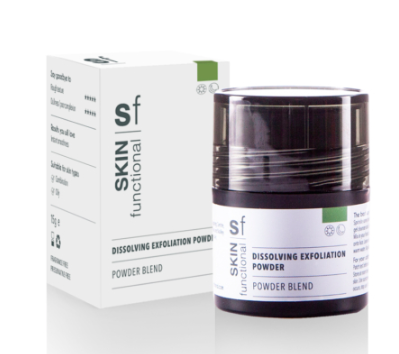
R150 | Skin Functional
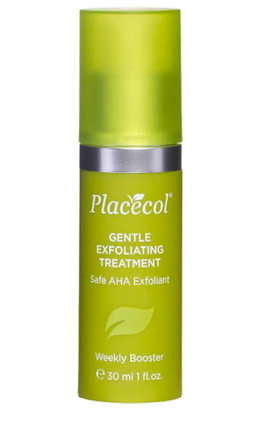
R380 | Edgars
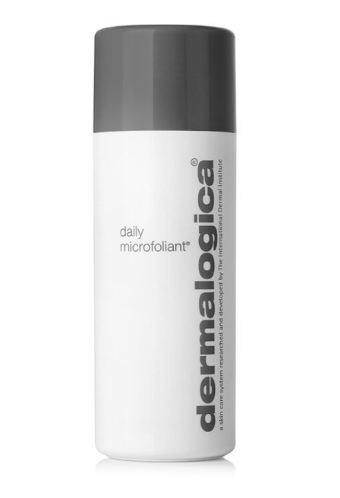
R299 | Dermalogica
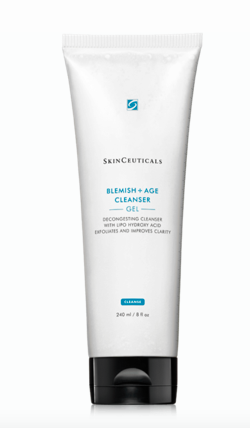
R900 | Dermastore
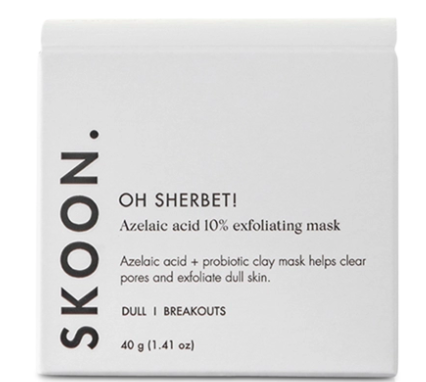
R649.95 | SKOON.
ALSO SEE:
A daily exfoliator with affirmations – Dermalogica x Must Be Nice
Featured Images: Pexel

